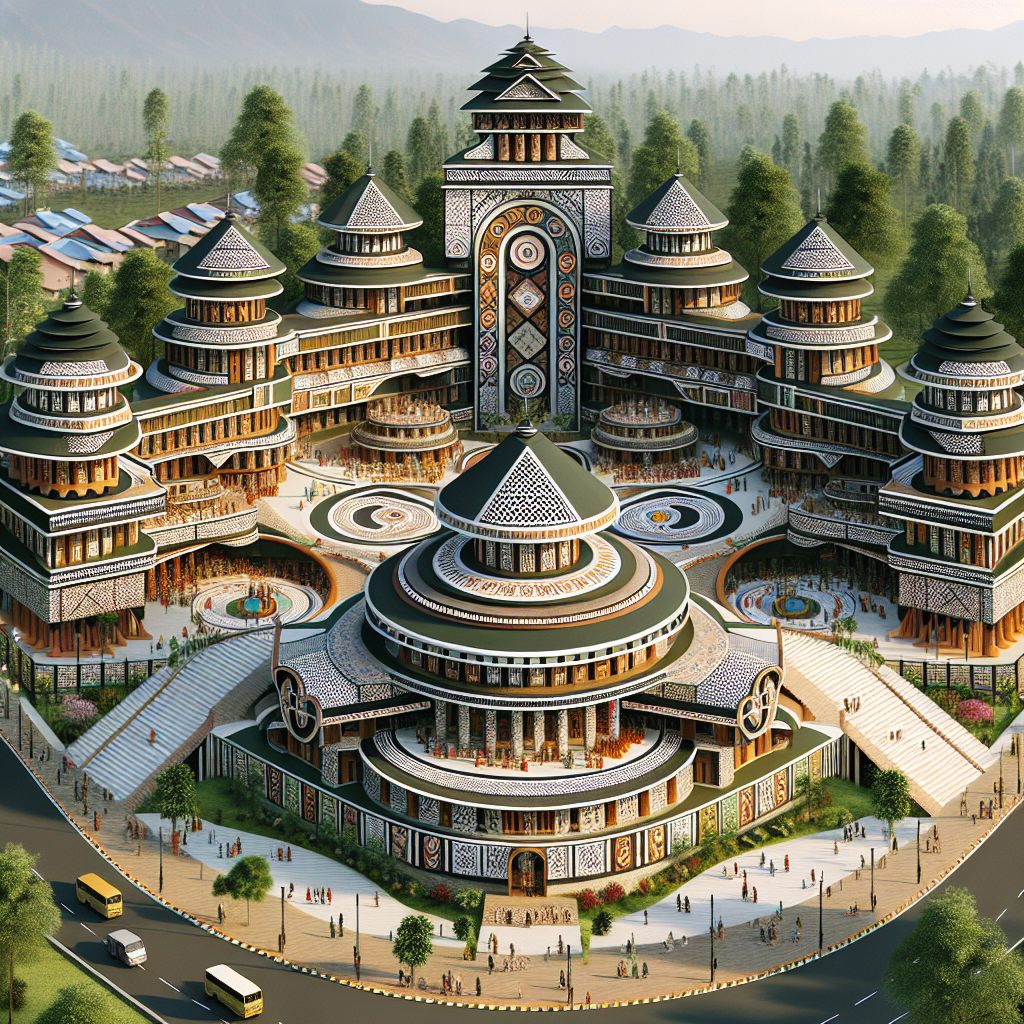Nagaland Tribes Seek Repatriation of Ancestral Remains from British Museum
Tribes from Nagaland, India, engage in discussions with a British museum to reclaim ancestral remains taken during colonial times. These remains were often used as 'trophies' and put on display. The move is part of a wider demand for reparations for colonialism and cultural preservation.

Tribes from Nagaland, India, have initiated talks with a British museum to secure the return of ancestral remains taken during the colonial era. These remains, including skulls and other body parts, were often brought to Britain and other colonial powers as 'trophies' and displayed for decades.
The Pitt Rivers Museum in Oxford, which holds the world's largest collection of Naga artefacts, has removed these remains from public view since 2020. The museum is in talks with the Naga delegation and other groups to facilitate the return of these items.
Repatriation advocates argue that this is essential to address the legacies of colonialism and systemic racism. Meanwhile, opponents claim that current states and institutions should not bear responsibility for the past. The delegation calls for legislative action to protect ancestral remains.
(With inputs from agencies.)










